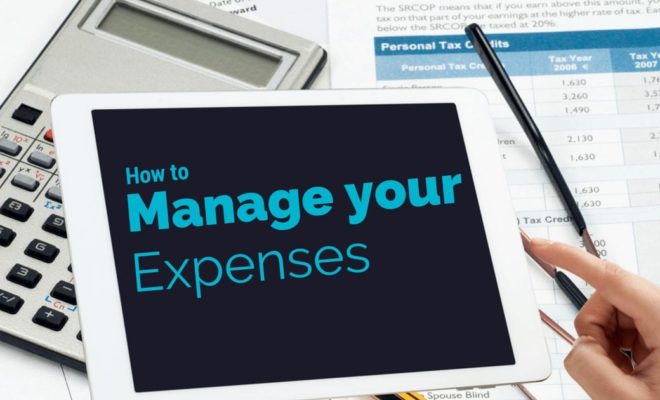4 Tips For Managing Business Expenses

Expenses are an integral part of keeping a business running. You need to account for daily operations, scalability and other activities and acquisitions that cost money. Here are four tips for managing business expenses.
- Leverage Technological Tools
There are many software solutions available for use in managing business expenses. You can choose to automate and use technology for all your business expense needs or some of them. Some common choices are CDM charge master, various accounting programs and pay stub generators. Technology can help you make your expense monitoring, monthly payments, calculations and data analytics faster, more accurate and more precise.
- Utilize Credit
You may be nervous about using credit to fund your business expenses. It can seem intimidating or risky to do so. However, there are many advantages to using credit for your expenses. Doing so can streamline your expense recording and organization process. Your monthly statements will break down your expenses into various categories, typically at the annual, quarterly and monthly levels. As long as you pay your bills on time, using credit for funding will give you a good credit score, which can open the way for larger loans in the future.
- Get Organized
Organization is key to staying up-to-date on your business expenses. You should keep all paperwork, including receipts and statements, organized in filing cabinets or digitally. You should also record your expenses, their purposes and whether they’re tax-deductible in a single, well-structured notebook or spreadsheet in a timely manner. These measures will ensure you have all the information you need for doing your taxes, conducting an audit or constructing a budget and can quickly and easily access it.
- Calculate Your Budget And Minimum Monthly Profits
Every business should have a budget, with expenses and savings noted annually, quarterly and monthly. Your budget should include projected spending on monthly expenses such as utility bills, various projects and expansions you wish to accomplish during the year and payroll, among other things. Minimum monthly profit projections should also be included in your budget. These projections will help you figure out how much money you need to make each month to both cover your expenses and make a profit. Your budget should also include savings and money you can set aside for emergency funds.
It’s important for you to monitor all aspects of your business expenses and review your processes and tools regularly to ensure they’re still working properly.















